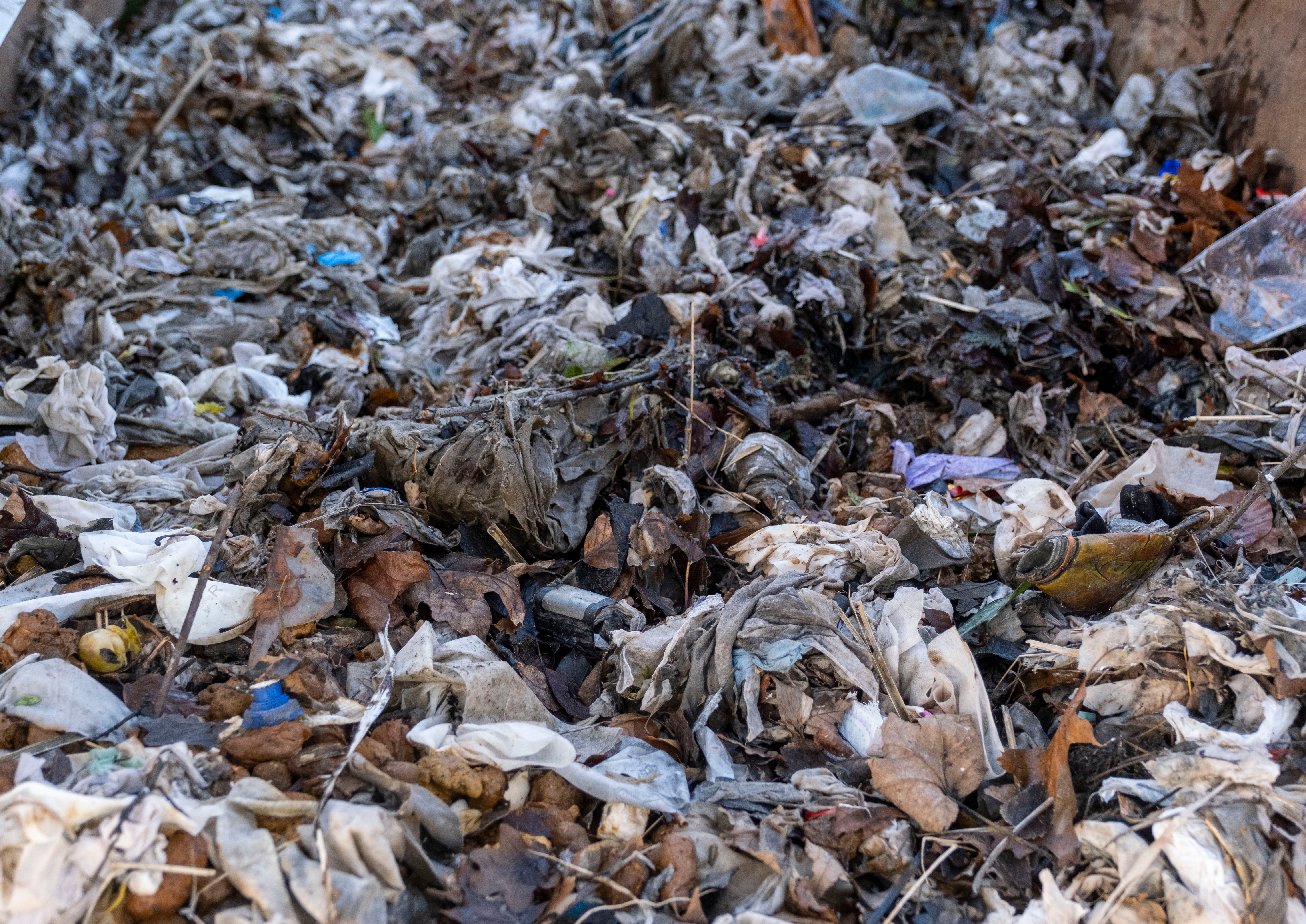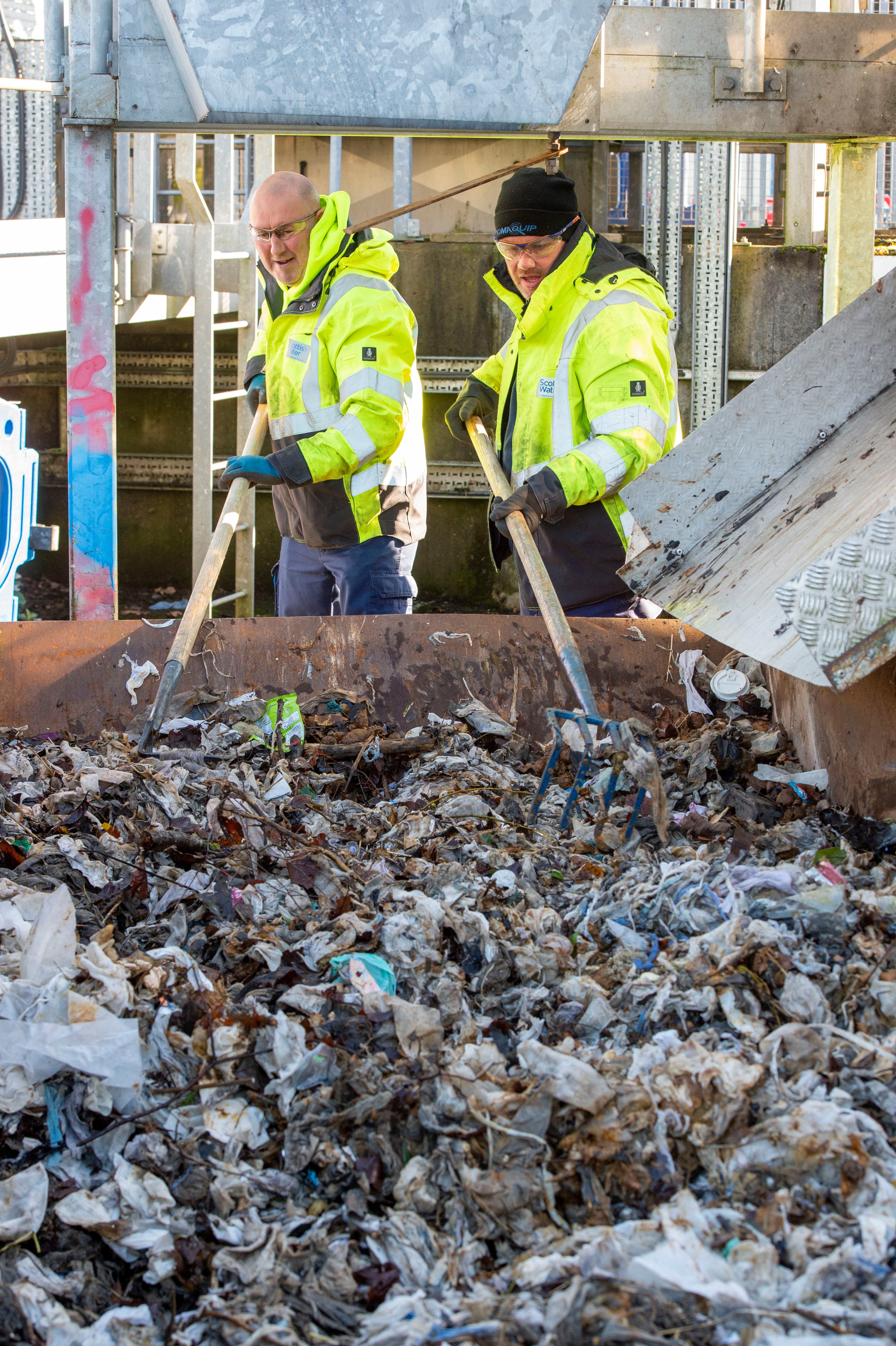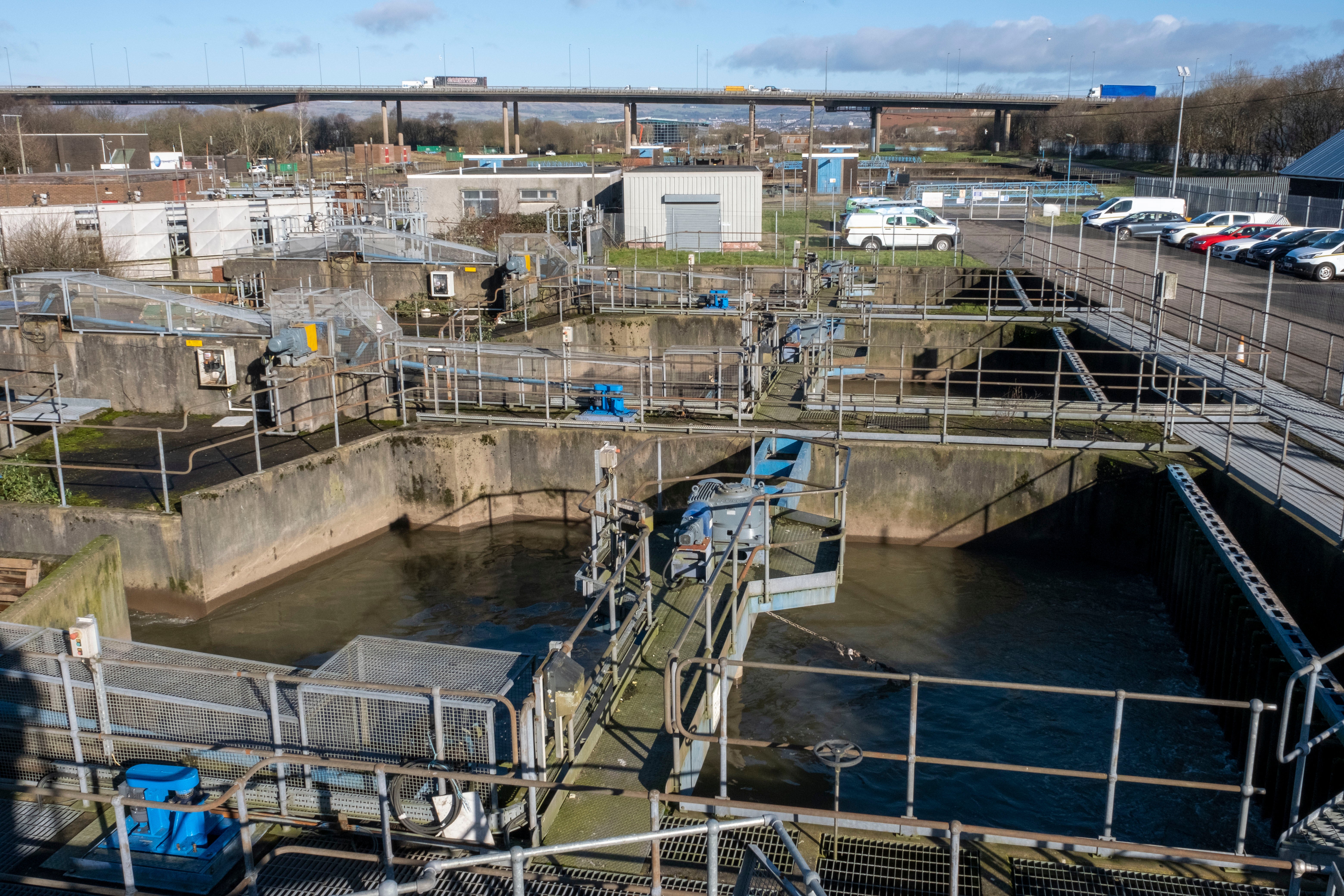Calls to ban plastic wet wipes causing thousands of blockages
It is thought 11 billion wet wipes are used in the UK each year, of which 90 per cent contain plastic

Your support helps us to tell the story
From reproductive rights to climate change to Big Tech, The Independent is on the ground when the story is developing. Whether it's investigating the financials of Elon Musk's pro-Trump PAC or producing our latest documentary, 'The A Word', which shines a light on the American women fighting for reproductive rights, we know how important it is to parse out the facts from the messaging.
At such a critical moment in US history, we need reporters on the ground. Your donation allows us to keep sending journalists to speak to both sides of the story.
The Independent is trusted by Americans across the entire political spectrum. And unlike many other quality news outlets, we choose not to lock Americans out of our reporting and analysis with paywalls. We believe quality journalism should be available to everyone, paid for by those who can afford it.
Your support makes all the difference.There have been fresh calls to ban wet wipes containing plastic from being sold in the UK, due to the environmental damage and blockages that they cause.
Scottish Water is calling for the ban on sale of wet wipes containing plastic after responding to a huge number of blockages featuring wet wipes.
The publicly owned water provider has also launched a campaign, backed by the Scottish Government in a move to encourage people to “bin the wipes and join the wave.”
The “Nature Calls” campaign is asking the public to stop flushing wipes down the sewer system or if possible stop using them altogether, with research by the Marine Conservation Society indicating that wipes are now the most common cause of beach pollution.
The campaign is also asking governments both north and south of the border to work together and ban wipes containing plastic.
It is supported by a number of other organisations, including the Marine Conservation Society, Keep Scotland Beautiful and Zero Waste Scotland.
Douglas Millican, Scottish Water Chief Executive, said: “Our message to our customers is clear: please bin the wipes and help us protect the environment.

“And to policymakers we say now is the time to ban all wipes containing plastic and rid our sewers, rivers and beaches of this needless problem.
He went on to add: “Wipes are an understandable convenience item - but many contain plastic, that cause serious problems when disposed of inappropriately by flushing down the toilet - blocked sewers, homes flooded with sewage, and pollution on our beaches and rivers.”
Meanwhile, Catherine Gemmell, Scotland Conservation Officer for the Marine Conservation Society, said: “A staggering 30,000 wet wipes have been picked up by our volunteers right here on Cramond beach over the last five years. It’s not just a problem here though.
“At last year’s Great British Beach Clean we found an average of 25 wet wipes for every 100m of Scottish beach surveyed.”
Problems caused by wet wipes are unfortunately nothing new, with rivers across the UK, including the Thames, suffering from plastic wet wipe pollution.

In the UK it is thought that 11 billion wipes are used every year. Of these, 90 per cent are estimated to contain plastic which, when then eventually break down, releases microplastics into the environment.
Calls for a ban on wipes containing plastic have been growing with the Scottish government and the UK’s Department for Environment, Food and Rural Affairs both running consultations.
Scottish Water’s Nature Calls campaign is expected to run for five weeks.
Join our commenting forum
Join thought-provoking conversations, follow other Independent readers and see their replies
Comments